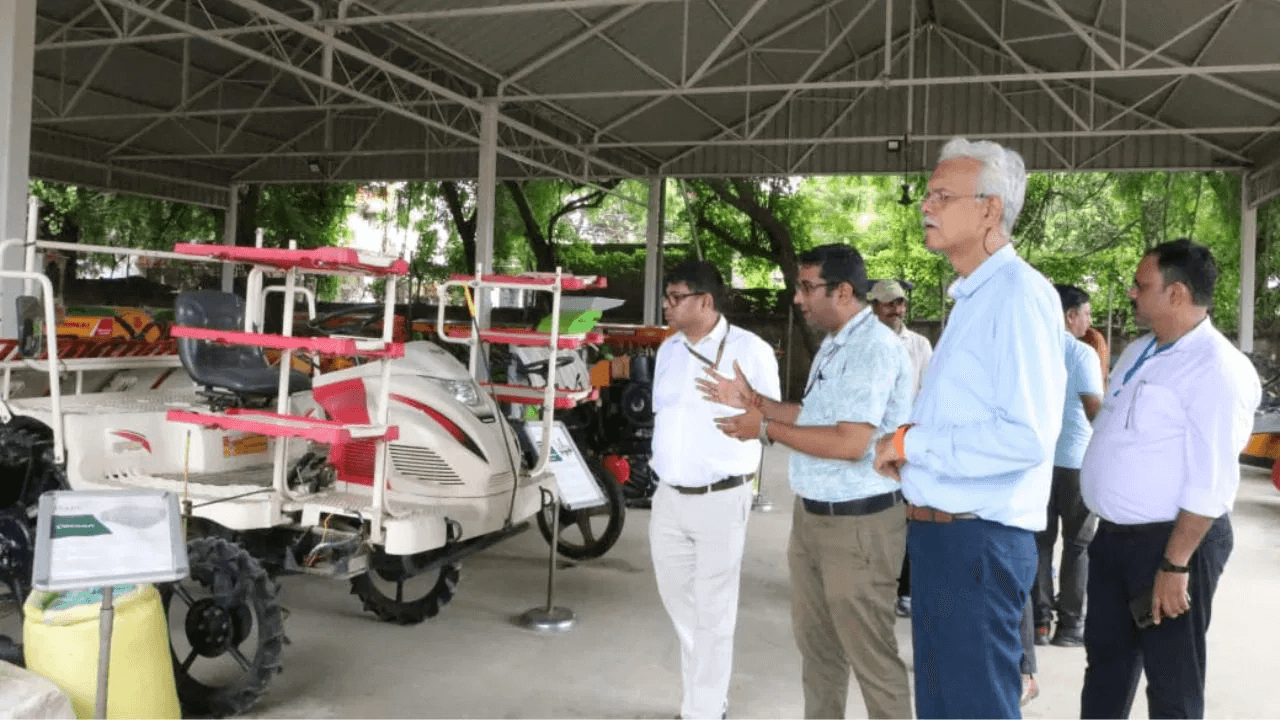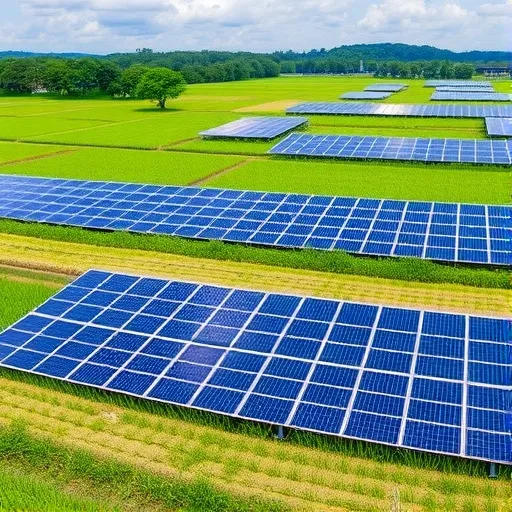Tags
Linkage between farmers and exporters critical to promote sustainable rice export
VIETNAM, January 11 – HÀ NỘI — Việt Nam must enhance links between farmers and exporters to develop large-scale high-quality paddy fields for sustainable rice export.
Việt Nam had a good year for rice export in 2023 but some limitations must be tackled for the industry to move forward.
Statistics from the Ministry of Agriculture and Rural Development showed that Việt Nam exported 8.29 million tonnes of rice in 2023 which brought $4.78 billion in value, representing a rise of 16.7 per cent and 38.4 per cent, respectively, over 2022.
There are record figures since 1989 when Việt Nam first started to export rice.
Lê Thanh Tùng, Deputy Director of the ministry’s Department of Crop Production, said in 2023 supply shortages put global food security at risk. The rice market was tense, especially after India’s ban on regular rice exports, he said, adding that there were times when it seemed that Việt Nam was about to ban rice exports like 2008 and 2021.
However, appropriate solutions were raised to take advantage of the market opportunities while ensuring domestic food security and increasing income for farmers.
Phạm Thái Bình, Chairman of Trung An High-Tech Farming Joint Stock Company, said that Việt Nam’s rice export had favourable market conditions last year thanks to increasing global demand for food and limited supply. India’s ban pushed up rice prices in the global market to a record high.
In that context, Việt Nam had the advantage of promoting rice export as the domestic rice production had been focusing on improving quality and yield despite decreases in cultivation area, he said.
On average, Việt Nam produces 43-35 million tonnes of paddy, equivalent to 26-28 million tonnes of rice each year, of which, around 20 million tonnes were for domestic consumption.
However, unsustainable factors were revealed when the rice export hit records.
“We are happy that farmers had a successful harvest and good prices in 2023. Meanwhile, many exporters incurred losses of hundreds of billion đồng and went bankrupt due to unpredictable rising rice prices,” Nguyễn Việt Anh, director general of Phương Đông Food said.
The reason for this fact lay in the weak linkage between farmers and exporters.
“Enterprises are aware of the benefits of enhancing linkage with farmers in rice production but few could do that because of high costs for maintaining the linkage,” he said.
In addition, exporters must have a huge volume of cash to purchase rice when the harvest season comes. To do this, enterprises need the Government’s support policies.
Võ Phương Thuỷ, Deputy Director of the Department of Industry and Trade of Đồng Tháp Province which earned $400 million from rice export last year, said that only 25 per cent of the province’s rice cultivation area was under linkage of farmers and enterprises.
Although 2023 was a successful year in terms of exports at some points of time when rice prices increased dramatically, farmers benefited but enterprises struggled.
The rice cultivation area under linkage between farmers and enterprises was also modest in Long An Province, which was around 20,000 – 30,000ha or 10 per cent of the province’s total rice cultivation area.
The scattered production made it difficult to apply advanced farming techniques to promote the transition to low emission, Nguyễn Thanh Tuyền, Director of Long An Province’s Department of Agriculture and Rural Development said.
It is critical to establish linkages and produce following the market demands to ensure sustainable export, Tuyền said.
“Linkage to develop large-scale production is the way to go, not only for the rice industry but also for other farming industries, which would bring benefits to both sides,” Bình said.
The Government has a project for the sustainable development of one million hectares of high-quality and low-emission rice cultivation in line with green growth in the Mekong Delta by 2030, which encourages the linkage toward high-quality production.
Bình, however, said that the support policies should be raised to encourage parties, especially supports in credit.
According to expert in agriculture Võ Tòng Xuân, the linkage with farmers would bring a lot of benefits, including ensuring quality and origin traceability, stabilising prices and establishing brands for rice.
This also promotes the reorganisation of the Việt Nam’s rice value chain, he said. — VNS
https://www.einnews.com/pr_news/680544582/linkage-between-farmers-and-exporters-critical-to-promote-sustainable-rice-exportPublished Date: January 11, 2024






